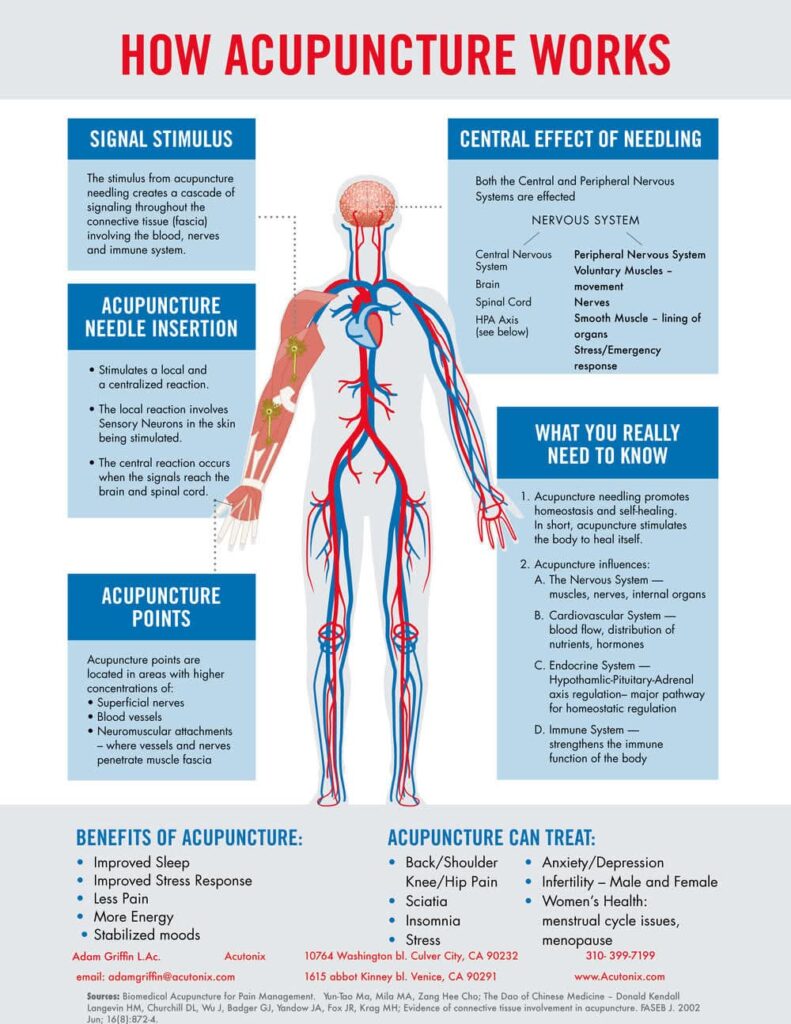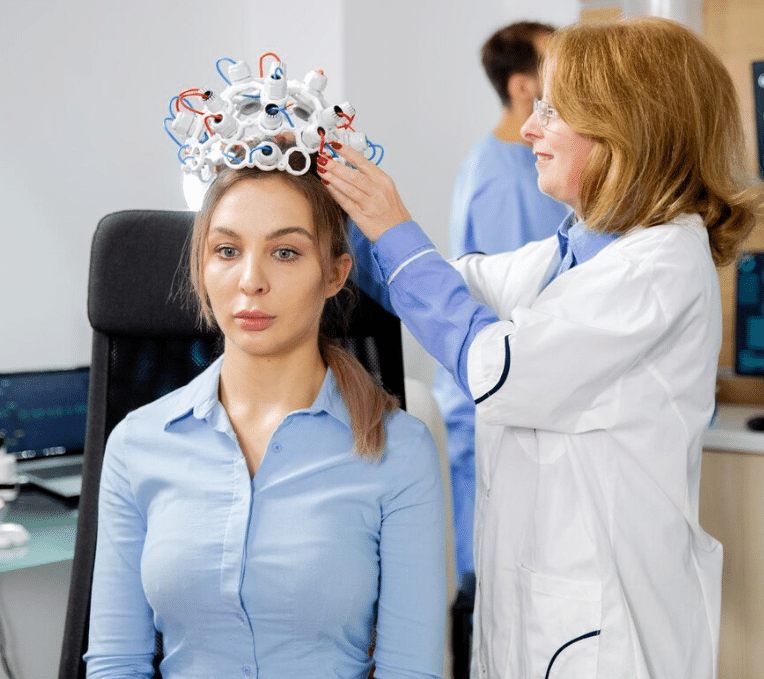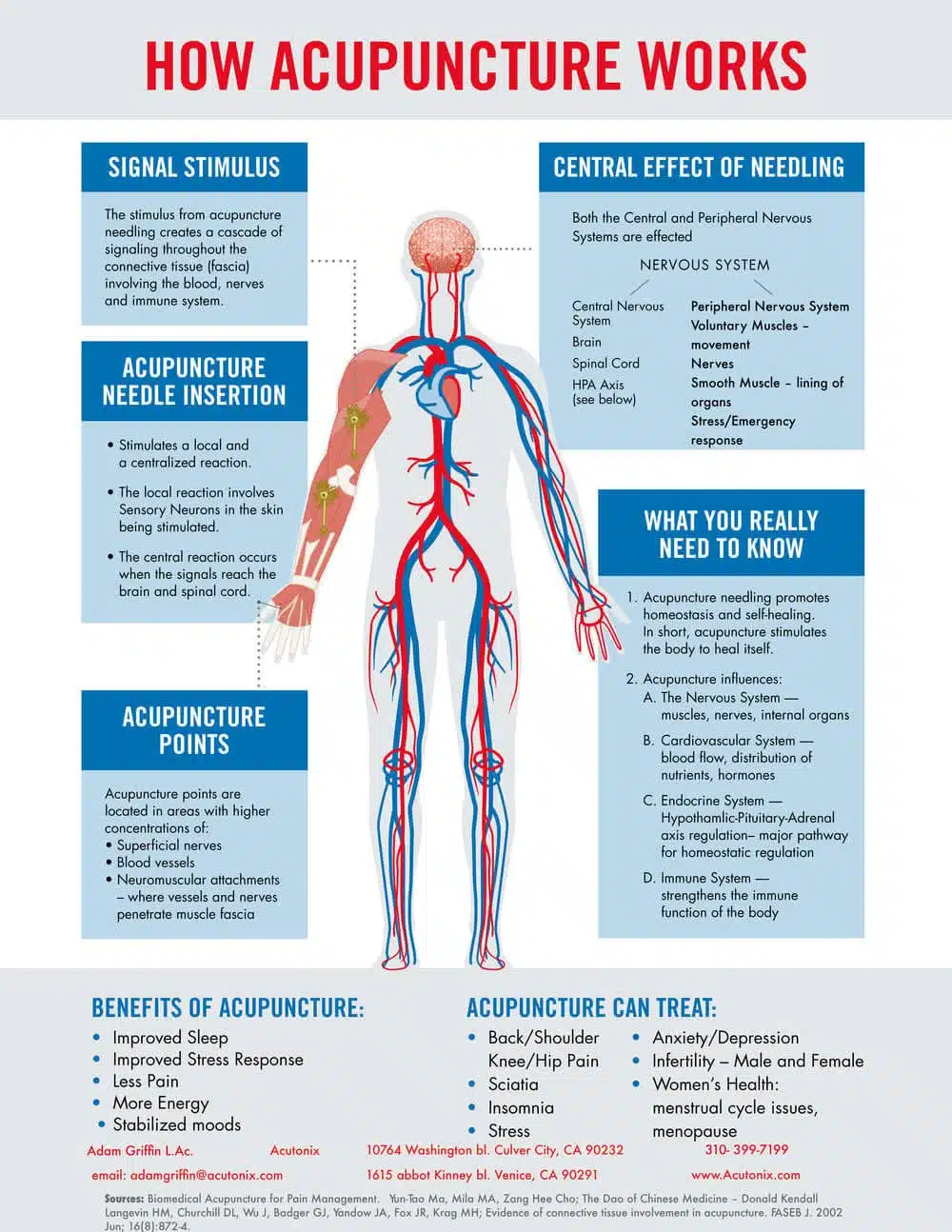Introduction
Arthritis, mainly osteoarthritis of the knee, is a debilitating circumstance that affects tens of millions globally. For the ones in search of opportunity treatment plans, acupuncture, a historic Chinese exercise, is emerging as a possible option to alleviate aches and improve mobility. According to a groundbreaking clinical trial, acupuncture has been demonstrated to be powerful in reducing the pain and purposeful impairment resulting from knee osteoarthritis. Here’s an in-intensity examination of the findings, benefits, and mechanisms in the back of acupuncture’s achievement.
What the Experts Say
Dr. Stephen E. Straus, director of the National Center for Complementary and Alternative Medicine, emphasizes the importance of this have a look at, declaring:
“For the first time, a medical trial with sufficient rigor, size, and duration has proven that acupuncture reduces the pain and practical impairment of osteoarthritis of the knee.”
He notes the irony in coming across the protection and efficacy of acupuncture whilst a few cutting-edge pain medicinal drugs, inclusive of Vioxx, have raised protection concerns.
How Acupuncture Works
Acupuncture entails inserting thin needles into unique factors at the frame to stimulate fitness and well-being. While the best mechanisms are not understood, Dr. Straus explains:
“The pleasant proof suggests that acupuncture needles can purpose the discharge of chemicals in our worried device that evidently control our sensation of pain.”
This manner alleviates pain and improves mobility, imparting a large gain to people with chronic situations like osteoarthritis. However, Dr. Straus additionally stresses that acupuncture isn’t always a treatment and does now not halt the progression of degenerative arthritis.
The Largest Acupuncture Study to Date
Study Overview
The largest medical have a look at of acupuncture for osteoarthritis involved 570 members elderly 50 and older. The multi-middle look, led by Dr. Brian M. Berman of the University of Maryland School of Medicine, divided patients into three corporations:
Acupuncture Group: Received true acupuncture treatments.
Sham Acupuncture Group: Underwent a placebo procedure where needles had been taped to the skin but now not inserted.
Control Group: Followed the Arthritis Foundation’s self-assist direction for osteoarthritis.
All participants continued their well-known hospital treatment, which included anti-inflammatory medicinal drugs and pain relievers.
Results
The effects were compelling:
By week 8, sufferers receiving acupuncture showed substantial enhancements in knee characteristics.
By week 14, those patients reported a forty% reduction in pain and almost a 40% development in mobility as compared to the sham and manage companies.
Why This Study Matters
The findings, published in the Annals of Internal Medicine, set up acupuncture as a safe and powerful complement to conventional arthritis remedies. Dr. Berman emphasizes its function in a multidisciplinary technique:
“This trial establishes that acupuncture may be efficaciously employed as a part of a complete method for treating osteoarthritis signs.”
Broader Implications
The fulfillment of this study has opened the door to similar research on acupuncture for different chronic conditions. Dr. Straus notes ongoing research to determine its effectiveness for lower back pain, arthritis of the hip, and shoulder conditions.
Conclusion
Acupuncture gives a promising opportunity for those struggling with pain and mobility issues due to osteoarthritis of the knee. While now not a cure, it affords sizable medical benefits, decreasing aches and enhancing mobility. With its demonstrated protection and efficacy, acupuncture stands as a valuable addition to standard arthritis treatments, helping patients reclaim a better, high-quality existence.




